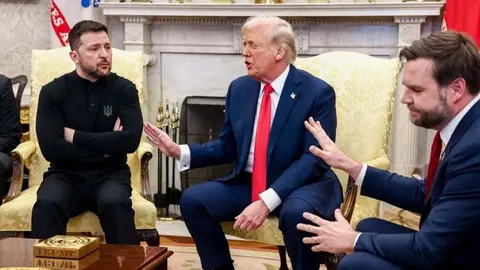Is it possible to repair relations between the United States and Ukraine after the tense meeting?
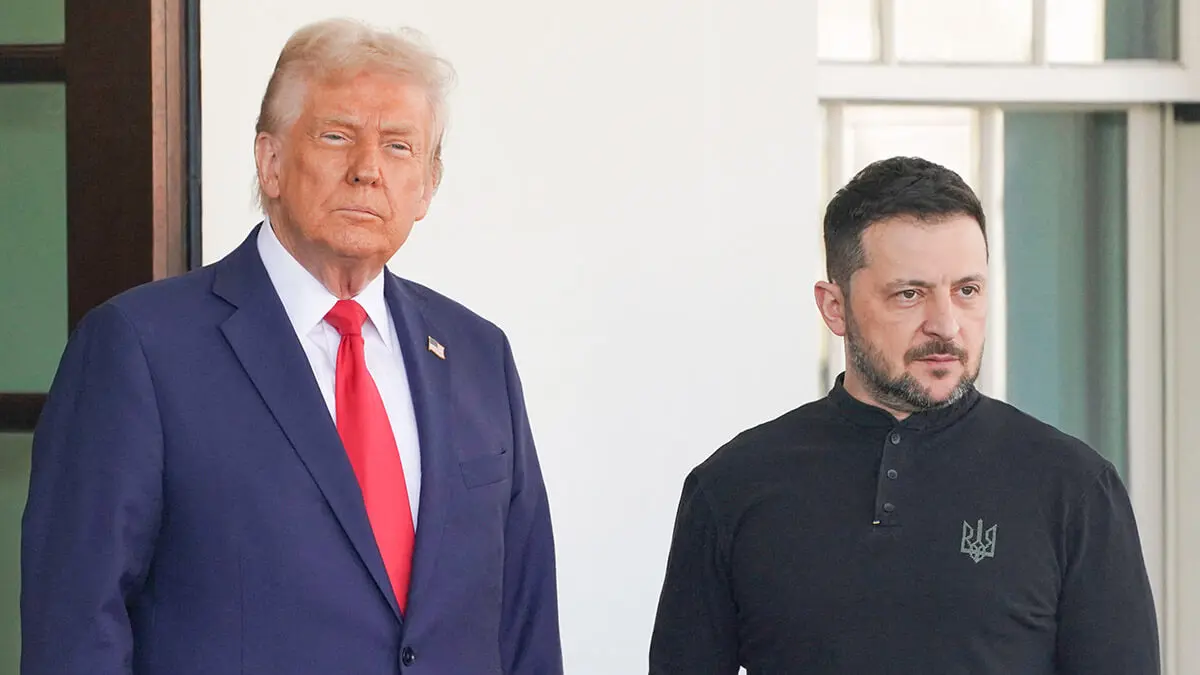
The recent meeting between US President Donald Trump and Ukrainian leader Volodimir Zelensky at the White House has left bilateral relations in a critical state. According to an analysis by the American newspaper Politico, the meeting resulted in a bitter dispute that could redefine the future of cooperation between the two countries.
Zelensky left the White House without achieving the support he was seeking, which has been interpreted by supporters of the Make America Great Again (MAGA) movement as a victory. Steve Bannon, Donald Trump's former strategist, called it ‘the perfect result’ and suggested that it was time to ‘disengage from Ukraine’.
In Kiev, the reaction has been one of surprise and concern. Ukrainians see the failure of the meeting as a reflection of the Trump administration's lack of understanding of the extent of Ukrainian suffering since the start of the war with Russia in 2014.
One of the main points of conflict was the role of Vice-President D.J. Vance, a critic of US intervention in Ukraine. According to sources cited by Politico, Vance deliberately provoked Zelensky with the intention of thwarting an agreement that would allow the United States access to strategic Ukrainian minerals. A Republican analyst, speaking on condition of anonymity, claimed that Zelensky ‘took the bait’ by not focusing exclusively on the metals deal, thus weakening his position.
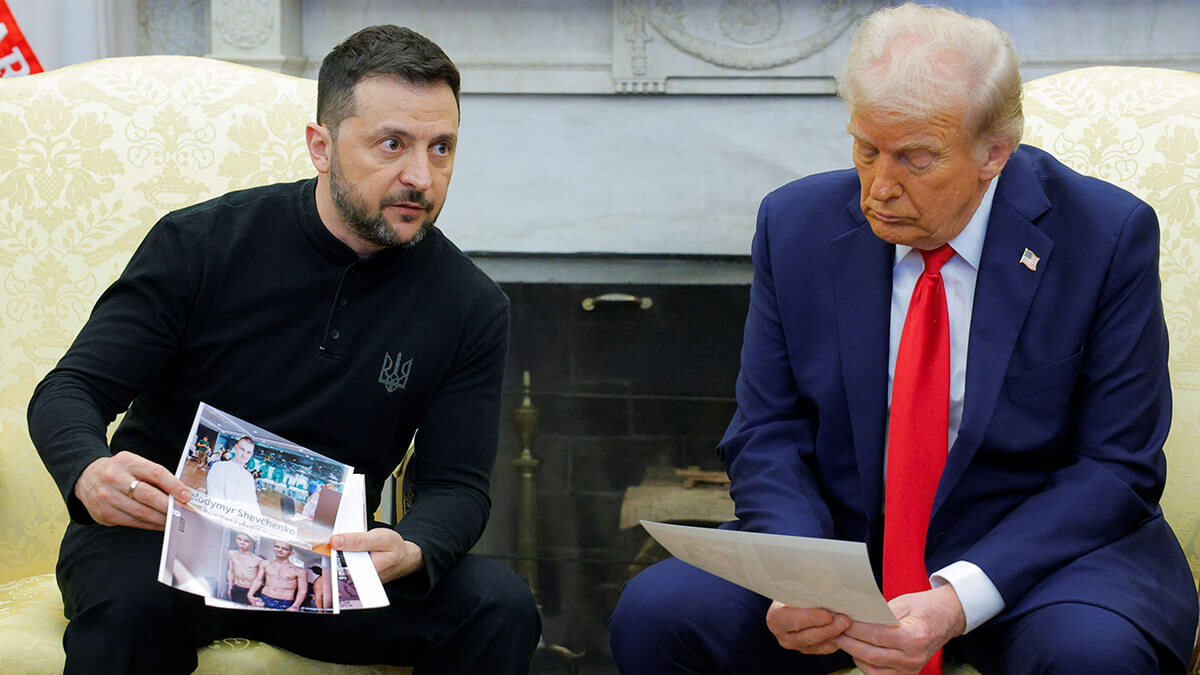
A European-led attempt at reconciliation
Despite the tensions, diplomatic efforts have been initiated to mend the relationship. A call between Zelensky and Trump is being organised, a move backed by European leaders such as Emmanuel Macron and Keir Starmer, who have attempted to pave the way for reconciliation. Jonathan Eyal, of Chatham House, pointed out that, although the meeting in Washington was a challenge from the start, there is still hope that relations will improve.
On the other hand, the Ukrainian president has assured in the last few hours that he is still willing to sign an agreement on minerals with the United States. ‘The agreement on the table will be signed if the parties are ready,’ he said after the London summit.
However, there are signs that mistrust persists. The relationship between Zelensky and the US administration had already shown cracks since 2019, when Trump refused to respond to Ukrainian demands to investigate Hunter Biden, son of former president Joe Biden. In addition, tensions increased after Zelensky's meeting with US Treasury Secretary Scott Bessent, which irritated Trump, who considered the Ukrainian leader's attitude disrespectful.
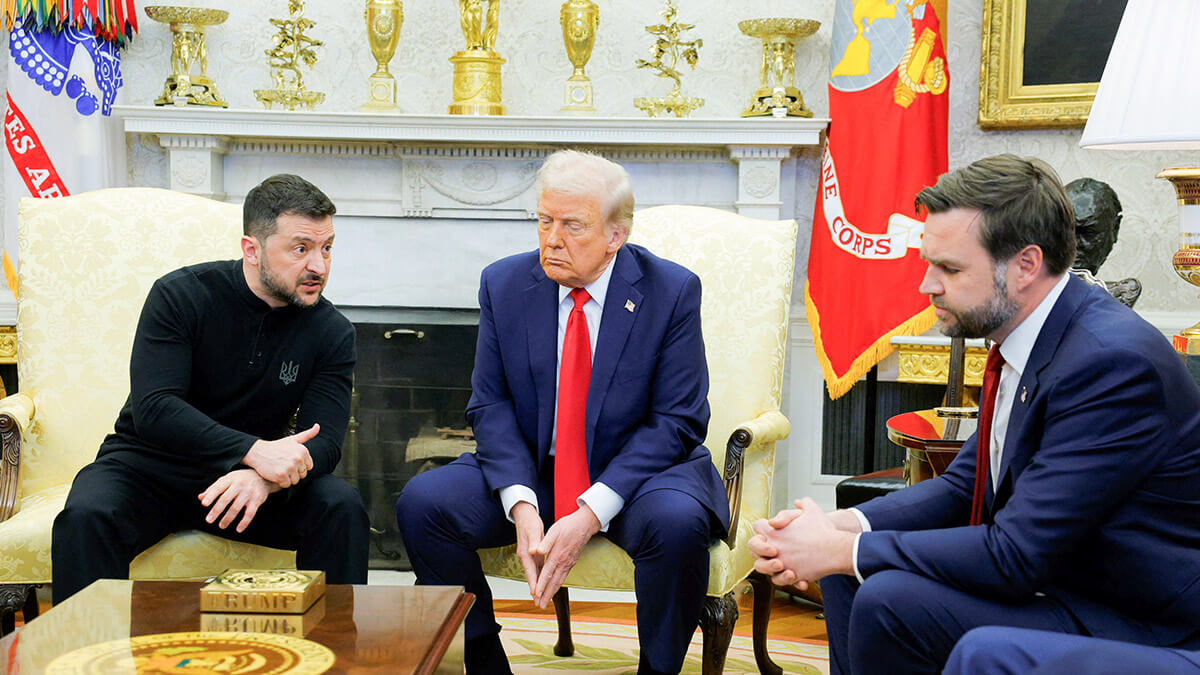
An uncertain future
In this context, concerns in Kiev are growing due to pressure from sectors of the MAGA movement that seek to cut off aid to Ukraine completely. Although some Republicans, such as Senator Lindsey Graham, advised Zelensky not to focus on the differences, the Ukrainian president gave in to his frustration with Vance, which led to a ‘catastrophe’, according to Ukrainian opposition politician Oleksiy Goncharenko.
Meanwhile, the White House insists that there was no intention to boycott the agreement on the metals and that Trump and Vance's frustration is due to Zelensky's scepticism about negotiating with Putin. Secretary of State Marco Rubio has reiterated that the administration's priority is to seek a solution that guarantees stability in the region.
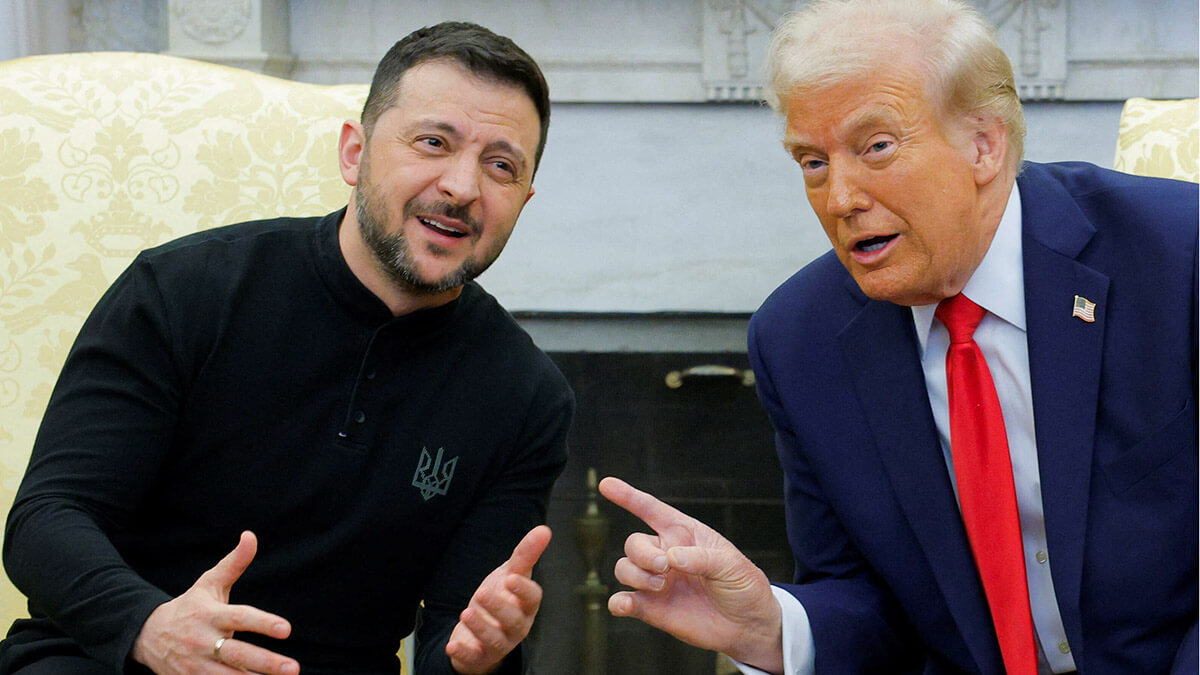
The future of US-Ukrainian relations remains uncertain. While efforts are being made to re-establish diplomatic ties, the lack of consensus over Washington's role in the war could hinder any lasting rapprochement.

